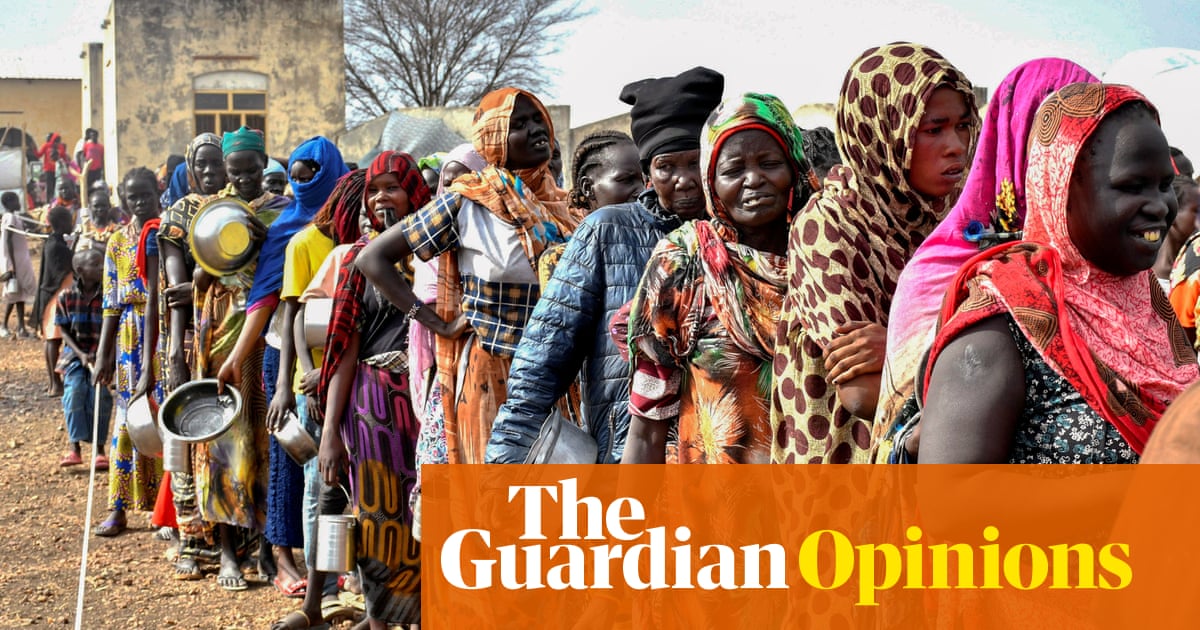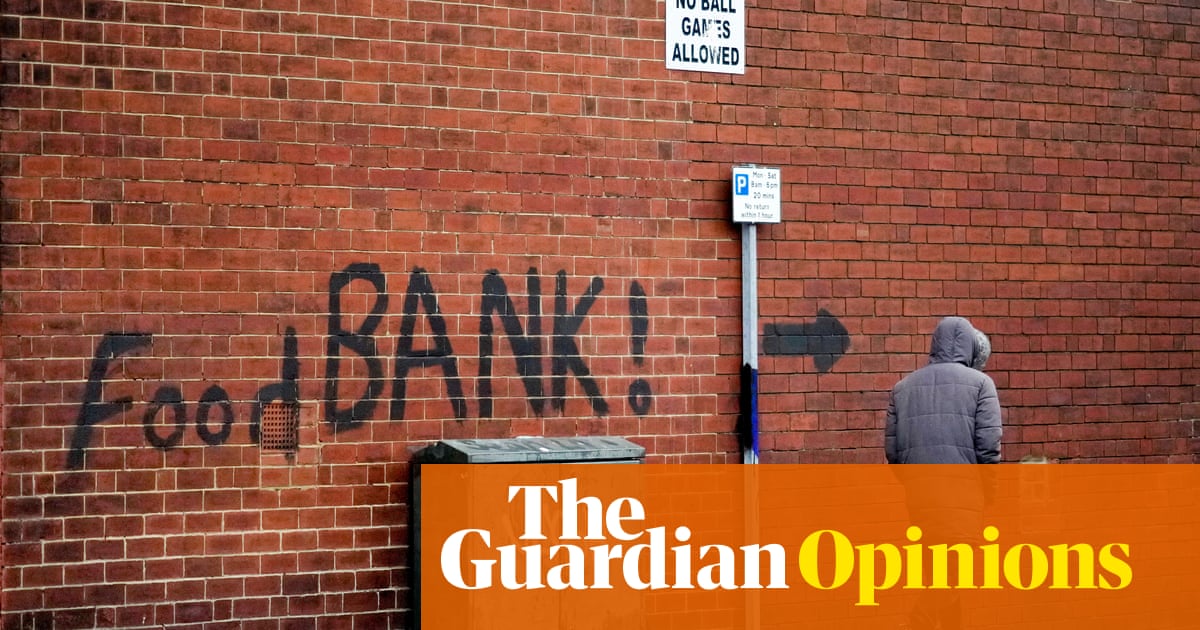
At a time of multiple conflicts, deep geopolitical divisions and rising numbers of people forced to flee their homes, to proclaim that an international conference can find solutions for the world’s refugees might seem to be stretching the definition of optimism.
According to our latest estimates, there are 36.4 million refugees worldwide, out of a total displaced population (including the internally displaced) of a staggering 114 million. This global refugee population has doubled within the past seven years, a reflection of the violence and human rights abuses that seem to be afflicting more and more countries.
At the same time, many states are cutting humanitarian aid and development budgets. And rather than efforts to address the root causes of displacement, we hear tough talk – mainly from wealthy and well resourced states – about turning outsiders away, making it harder to seek the right to asylum and offloading responsibility on to others.
Thus it might seem an inauspicious moment to be holding the second Global Refugee Forum, which will take place in Geneva this week. But I beg to differ. The forum is a much-needed moment of global unity, where those who are determined to keep searching for solutions will come together to meet the huge challenge of forced displacement.
An array of participants – states, the private sector and charitable foundations, international financial institutions, UN agencies, humanitarian and development organisations of all sizes, cities and local authorities, NGOs, refugee-led organisations, faith groups and others – will make concrete and transformational pledges and contributions, and take stock of the progress made since the first forum in 2019.
Even the war in Ukraine, which has forced millions to flee their homes, is slipping down the news agenda
Sharing responsibility is crucial. Today, almost 75% of refugees are in countries neighbouring their own, mainly low- and middle-income states. Those countries do what they can, often with limited resources, but they deserve much greater international support to sustain this generosity.
This support could take many forms: financial, material or technical assistance; places for resettlement and other paths to admission to third countries, enabling better-resourced countries to share the responsibility for refugees; measures to prevent conflict and build peace; and other moves such as policies and practices to promote refugee inclusion and protection, or improved monitoring and research.
We will strive, as ever, to create the conditions for refugees to return to their homes in safety and dignity – including meeting longstanding challenges such as those faced by Afghans, Rohingya, Central Americans, Somalis, South Sudanese, central Africans, Syrians and many others, seeking innovative and responsive ways to support and protect them in often difficult and imperfect circumstances.
We are doing this so that all refugee children can go to school; so that refugees can use their skills and knowledge to contribute to new societies; and so that refugees, a symptom of violence and upheaval, can be agents of peace. But we are also doing it because refugees are at constant risk of being forgotten, and we refuse to let that happen.
Earlier this year, when rival forces began fighting in Sudan, the violence was front-page news. By the time I visited neighbouring South Sudan in the summer – watching as the provision of healthcare, sanitation and shelter was stretched to breaking point by the sheer numbers of people forced to flee – international attention was already waning.
Now, in the aftermath of the terrible violence in Israel and the Occupied Palestinian Territory, the world is silent on Sudan – just as it has fallen silent on conflict in Ethiopia, Syria, Afghanistan, the Democratic Republic of the Congo, the Sahel and many other places. Even the war in Ukraine, which has forced millions to flee their homes, is slipping down the news agenda.
Yet this fresh round of the Israeli-Palestinian conflict has given us horrifying evidence of what happens when the essential elements for a just and lasting peace are neglected. Spasms of violence followed by temporary lulls had become a “strategy”. How grave a miscalculation that was, and how I wish it was not being repeated elsewhere.
Other challenges and crises abound, each new one pushing the rest into the background. Shipwrecks and drownings of refugees and migrants pass almost without comment. Persecution, human rights abuses and violations of international law become the norm, not the exception. Even with the impetus of Cop28, too little is done to address the drought, famine, floods, fires and other environmental calamities afflicting regions that host thousands, perhaps millions of refugees alongside local populations.
To rise to these myriad challenges requires a change of mindset, from one where an individual nation’s borders, territory and assets are almost the only thing that matters, to one where we see the mutual benefits and public good of collective action and sharing responsibility. Cooperation does not equal capitulation and compassion is not weakness.
Every refugee is a symptom of our collective failure to ensure peace and security. Refugee situations don’t have to turn into crises if we work together to address and manage them. Everyone can play their part, and I call upon everyone to do so.
Filippo Grandi is the UN high commissioner for refugees












